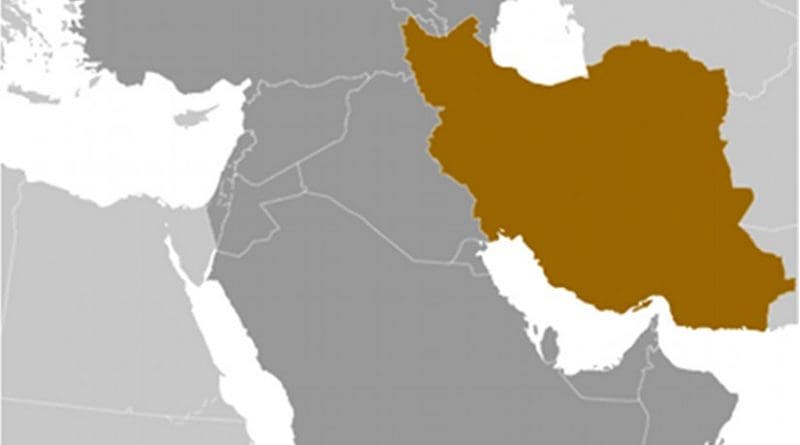Iran Leads Non-Aligned Push Against Nukes – OpEd
At the on-going 2015 NPT Review Conference, the usual battle lines between the nuclear-haves and nuclear have-nots is fully drawn, and so is the old cleavage of cluster nations focusing on disarmament or non-proliferation. What is new, however, is a mixed feeling that while nuclear disarmament remains a distant dream in light of the new US-Russia rivalry, there are in fact some good news pertaining to non-proliferation.
Concerning the latter, the growing prospect of a final Iran nuclear deal has set a positive tone that can potentially cascade to a broader Middle East nuclear weapons-free zone. With its current chairmanship of the Non-aligned Movement (NAM), Iran has thus played a pivotal role in leading the movement’s traditional antipathy toward nuclear weapons. Last week, this was reflected in a major speech by Iran’s foreign minister, Mohammad Javad Zarif, who called for the elimination of nuclear weapons, concrete steps toward the realization of this lofty objective. Also, Zarif used the occasion to single out Israel’s clandestine nuclear arsenal and its refusal to join the non-proliferation treaty as one of the most important impediments to the universal application of NPT.
Unfortunately, there is no sign that Israel will at any time soon heed the calls to join the NPT and open its facilities to outside inspections. The irony, however, is that Israel stands at the forefront of accusations against “nuclearizing Iran,” as if the world’s criticisms of its own nuclear build-up poses no proliferation risks at all. Yet, increasingly despite the callous Western inattention to Israel’s nukes and its destabilizing effects in the volatile region, there is a growing momentum toward convening a summit on nuclear free zone in the Middle East, reflected in the speeches delivered at the Review Conference.
Interestingly, the Israeli officials have the audacity of painting Iran as an obstacle to the nuclear free zone, even though Iran is an NPT member, has no nuclear weapons or weapons capability, and has consented to unprecedented inspections of all its facilities. There is a great deal of propaganda effort that accompanies Israel’s efforts, such as the British government’s “report” to UN claiming of possessing fresh evidence of Iran’s “active nuclear procurement.”
This report makes no distinction between civilian and non-civilian procurement, in light of Iran’s nuclear industry that is reeling under restrictive sanctions.
From Iran’s stand point, however, the prospect of a nuclear deal equips the country to play an even more assertive role in the global disarmament campaign, in light of Foreign Minister Zarif’s interview in New York that Iran has no nuclear weapons intentions otherwise it could have constructed several bombs with the nuclear material it has possessed. The peaceful nuclear intentions of Iran, defying the logic of nuclear proliferation, runs contrary to the present global trend of increasing reliance on nuclear bombs as a measure of national power on the part of US. China, Russia, and other nuclear-have nations. This trend, reflected in massive nuclear modernization programs and the related nuclear posture doctrines, e.g., Obama’s and Putin’s doctrines, is definitely an unhealthy one that fuels the fear of non-nuclear states about their long-term vulnerabilities vis-a-vis the exclusive club of nuclear states, some of whom operate outside the purview of NPT.
In this rather mixed environment, the Non-Aligned Movement is poised to make a real difference in strengthening the anti-nuke trend that contradicts the prevailing sentiments in Washington, Paris, London, Moscow and Beijing, that condones reliance on nuclear wepaons as a key component of national security. The trouble however is that security is a composite and interconnected concept that cannot be sustained over the long run if it breeds insecurity elsewhere. The world is too interdependent and long distances have been cut short by modern technology, as a result of which the news of potential nuclear tests in US labs reverberates around the globe, undermining global confidence that the US’s pledge of no new nukes can be trusted. At the same time, NAM’s nuclear politics continues with its global traction, demonstrating the movement’s viability with respect to a most important matter of human survival in the face of threat of a nuclear holocaust.

